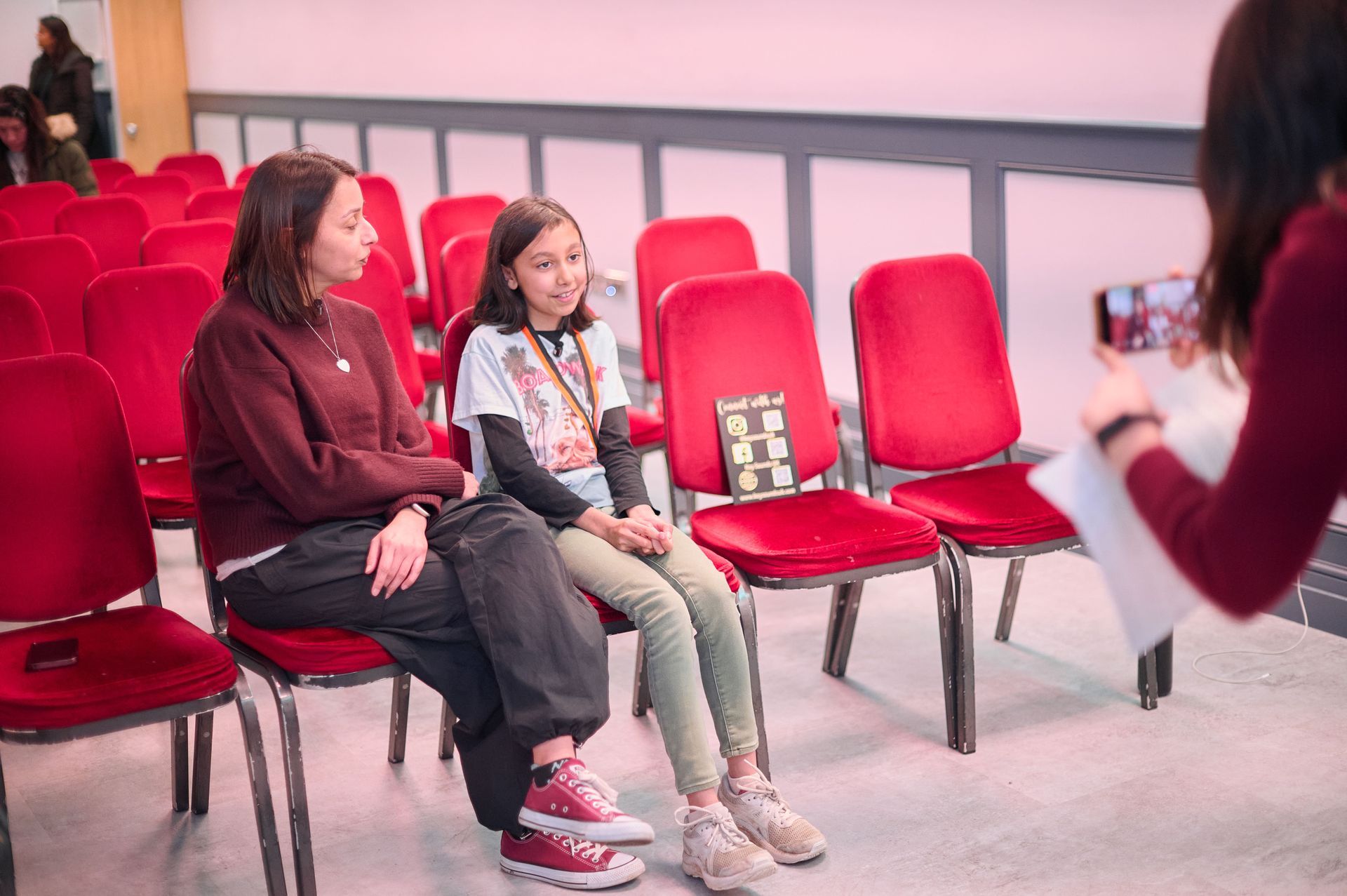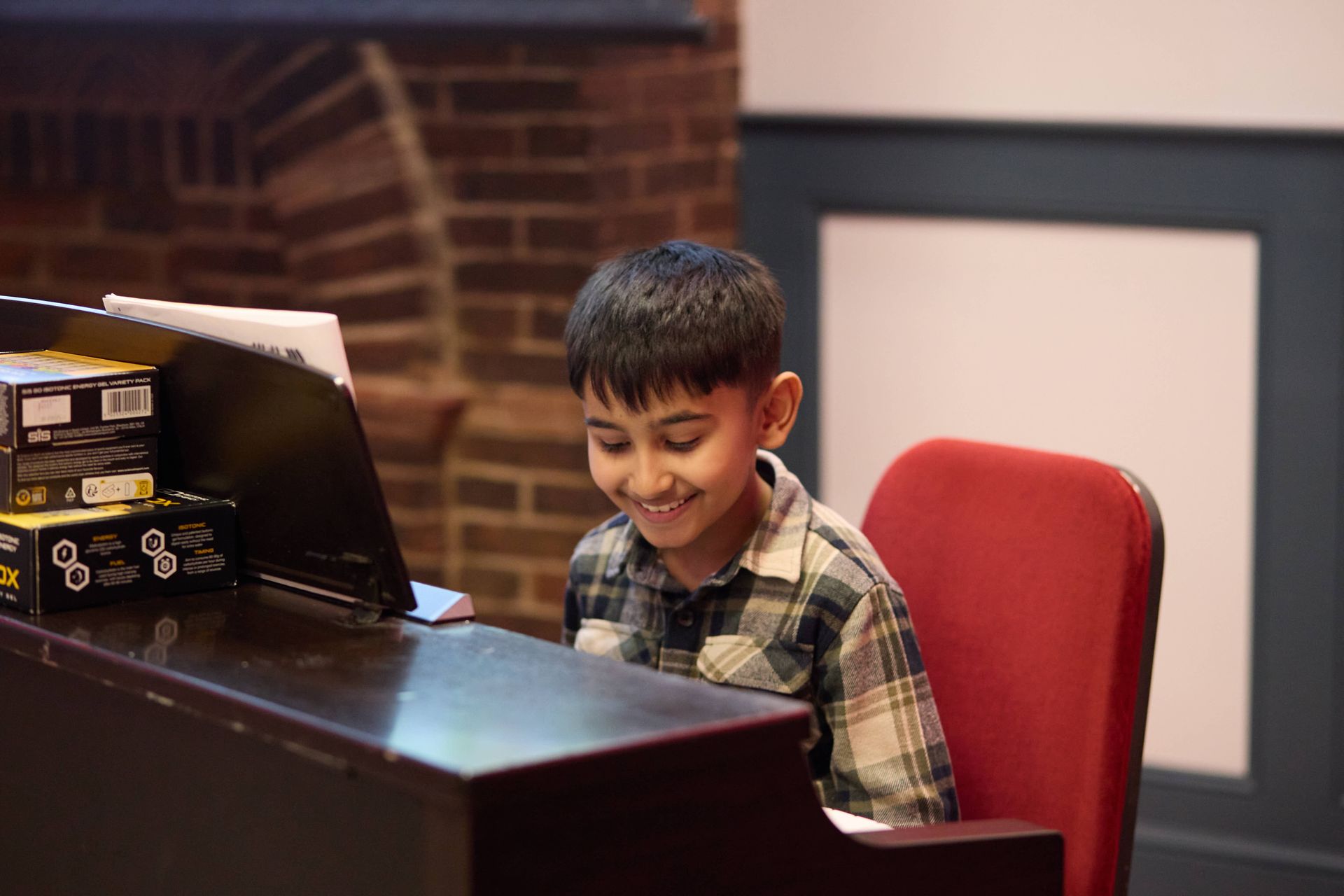Three Ways to Create a Piano Practice Routine Whilst You Have School Exams
Creating a piano practice routine while balancing school exams can be challenging but manageable with some effective strategies. Here are three ways to structure your practice routine during exam periods:
1. Time Blocking:
Allocate specific time slots for piano practice in your daily schedule. Prioritize your study sessions for exams and then designate blocks of time for piano practice around those commitments.
Aim for short, focused practice sessions rather than long, exhaustive ones. Even 15-30 minutes of concentrated practice can be highly effective.
Consider practicing early in the morning or late at night when distractions are minimal, and your mind is fresh.
2. Set Clear Goals:
Identify specific musical goals you want to achieve during the exam period. This could include mastering a particular piece, improving technical skills, or memorizing a challenging section.
Break down these goals into smaller, manageable tasks. For instance, if you're working on a piece, focus on mastering one or two measures each day.
Prioritize the most critical aspects of your piano playing that require improvement and focus your practice efforts on those areas.
3. Incorporate Efficient Practice Techniques:
Practice smart by employing efficient techniques such as chunking, slow practice, and targeted exercises. Chunking involves breaking down music into smaller sections and mastering them individually before integrating them into the whole piece.
Use practice tools such as metronomes and recording devices to enhance your practice sessions. Metronomes can help you maintain a steady tempo, while recording yourself allows you to assess your progress objectively.
Make use of downtime between study sessions or during breaks to review music theory concepts or listen to recordings of pieces you're learning, reinforcing your understanding and familiarity with the music.
Remember to be flexible with your practice routine and adapt it based on your exam schedule and other commitments. Consistency is key, even if it means practicing for shorter durations during busy periods. Additionally, ensure that you're getting enough rest and relaxation to avoid burnout during this demanding time.
If you wish to know more about these hacks and resources, feel free to take a look around our website or connect with us directly!



